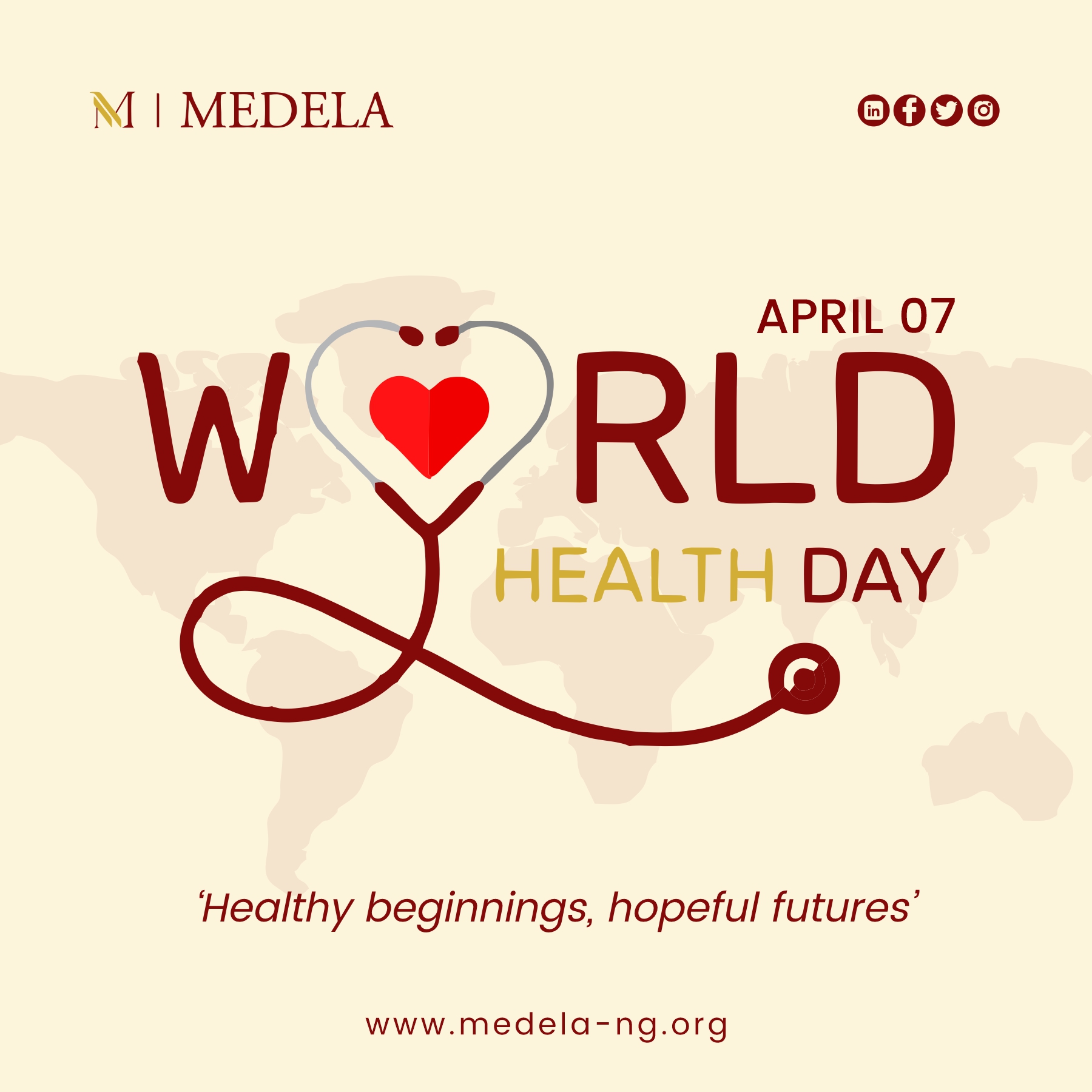
The theme for this year’s World Health Day commemoration "Healthy Beginnings, Hopeful Futures” is quite apt. This year’s theme has placed Maternal and Child Health issues at the centre stage of global public health discourse.
The question is why maternal, and child health is still an issue after so much attention, investments and interventions have been focused on addressing both maternal and child health issues in the past three decades. Over this period, WHO, UNICEF, International Development Partners and International NGOs have led the global fight to redress maternal mortality through various safe-motherhood interventions and initiatives in tandem with newborn and child survival programmes.
The Millenium Development Goals (MDGs) covering the period 2000-2015 attempted to address this important public health problem by the encapsulation of targets to be achieved in reducing the unacceptably high levels of maternal and child morbidity and mortality especially in low and middle-level income countries particularly the sub-Saharan African region. The MDGs comprised a framework of 8 goals, 18 targets and 48 indicators., with Goals 3 and 4, intended to “reduce child mortality” and “Improve maternal health” respectively. By the end of 2015, some levels of progress were achieved in reducing the burdens of maternal and child deaths, however, the indices still remained largely unacceptably high.
With the end of the MDGs in 2015, another well-crafted but more comprehensive framework called the Sustainable Development Goals (SDGs) covering the period 2015 to 2030, with 17 Goals and 169 targets was adopted by all UN Member States. The SDGs were articulated to accomplish the unfinished agenda of the MDGs and to sustain the gains made by the various maternal and child survival interventions.
Current published global estimates of maternal and newborn mortality indicates that close to 300 000 women lose their life due to pregnancy or childbirth each year, while over 2 million babies die in their first month of life and around 2 million more are stillborn, which is roughly 1 preventable death every 7 seconds, which is quire tragic.
Maternal health is the health of people during pregnancy, childbirth, and the postpartum period. Maternal health in most cases encompasses the integrated health care dimensions of family planning, preconception, prenatal, and postnatal care services that are provided to ensure a positive and fulfilling experience of motherhood. Therefore, an ideal, well-organized, humane, safe and professionally delivered maternal health service should produce positive outcomes such as a reduction in maternal morbidity and mortality. In the same vein, child health services are aimed at child health promotion to ensure childhood psychosocial and physical development.
Maternal and newborn and child healthcare is usually provided as an integrated package and remains a critical public health issue, because the life of a child is intricately connected to that of the mother. Although some progress has been made in addressing the unacceptably high maternal and child mortality indices in most developing countries, most countries in sub-Saharan Africa are still contending with high levels of preventable morbidity and deaths due to inadequate healthcare access, lack of skilled birth attendants, and insufficient postnatal care especially.
Some major challenges include high maternal and infant mortality rates, limited healthcare access in low-income regions, lack of skilled professionals, and inadequate antenatal and postnatal care.
The World Health Organization has asserted that the health of mothers and babies is the foundation of healthy families and communities, and a guarantee for a hopeful future for us all. Poor maternal health resulting in poor infant and child health would invariably result in unhealthy populations. Therefore, the choice of the theme for this year’s World Health Day celebration “Healthy Beginnings, Hopeful Futures” focusing on maternal and newborn health, is quite apt. The healthy beginning starts from conception, and spans the antenatal, delivery and post-natal periods.
The objectives of this year’s campaign are to: Raise awareness about maternal and newborn health challenges, encourage governments to invest in better healthcare infrastructure, improve accessibility to quality maternal care services and empower women with health education and reproductive choices. In this regard, this year’s campaign therefore urges governments and health communities to intensify efforts to eliminate preventable maternal and newborn deaths and to prioritize the long-term health and well-being of women. It also aims to provide valuable information supporting healthy pregnancies, childbirth, and improved postnatal care, thereby guaranteeing a hopeful future of a healthy society.
We at Medela-Nigeria are fully committed to this year’s theme of securing hopeful futures for healthy newborn babies who should develop into physically healthy and mentally sound children and future adolescents and adult. We are fully supportive of the various interventions being carried out at global, national and local levels to ensure the attainment of this ideal. Our MNCH program is targeted at ensuring the health and well-being of mothers and their children.
Share This News